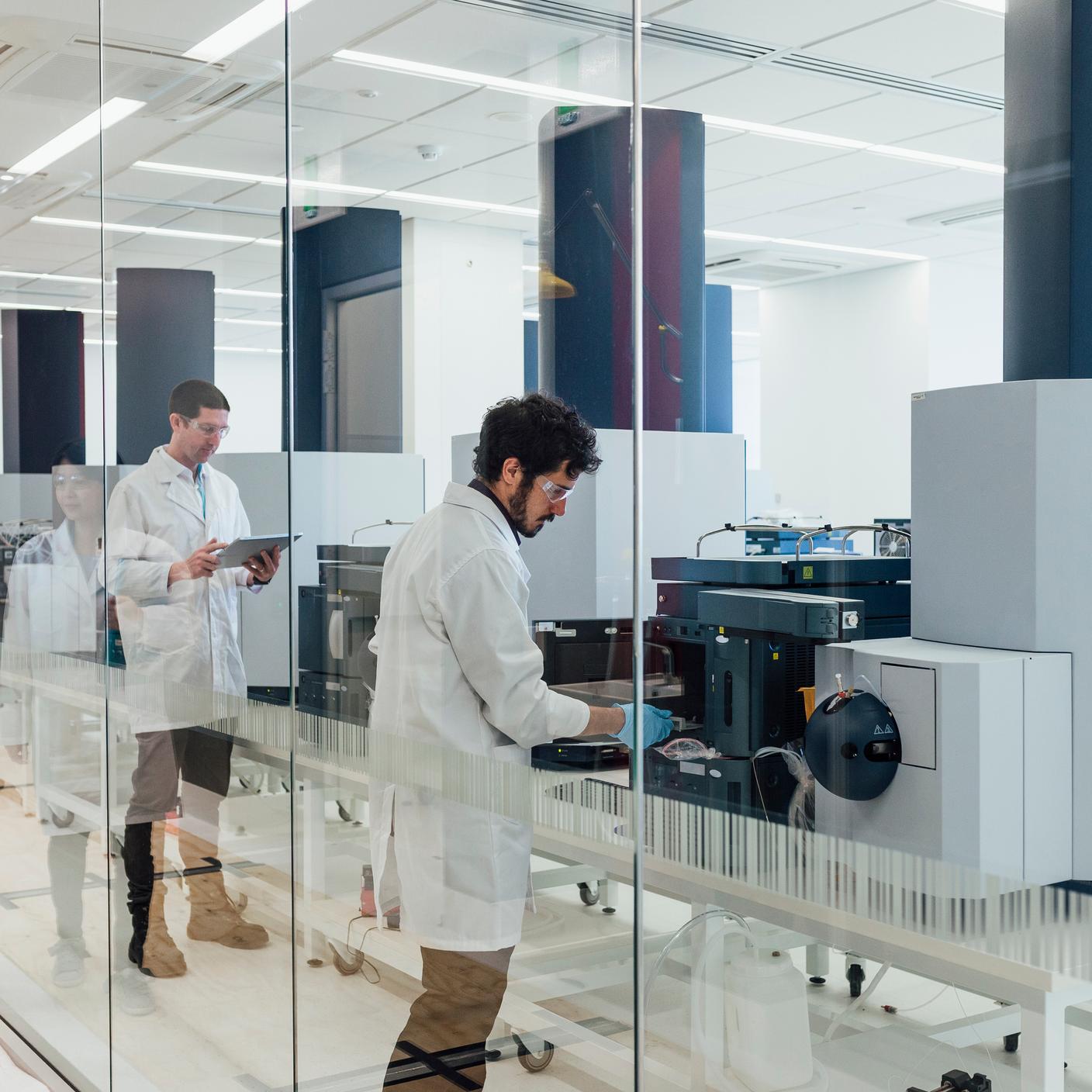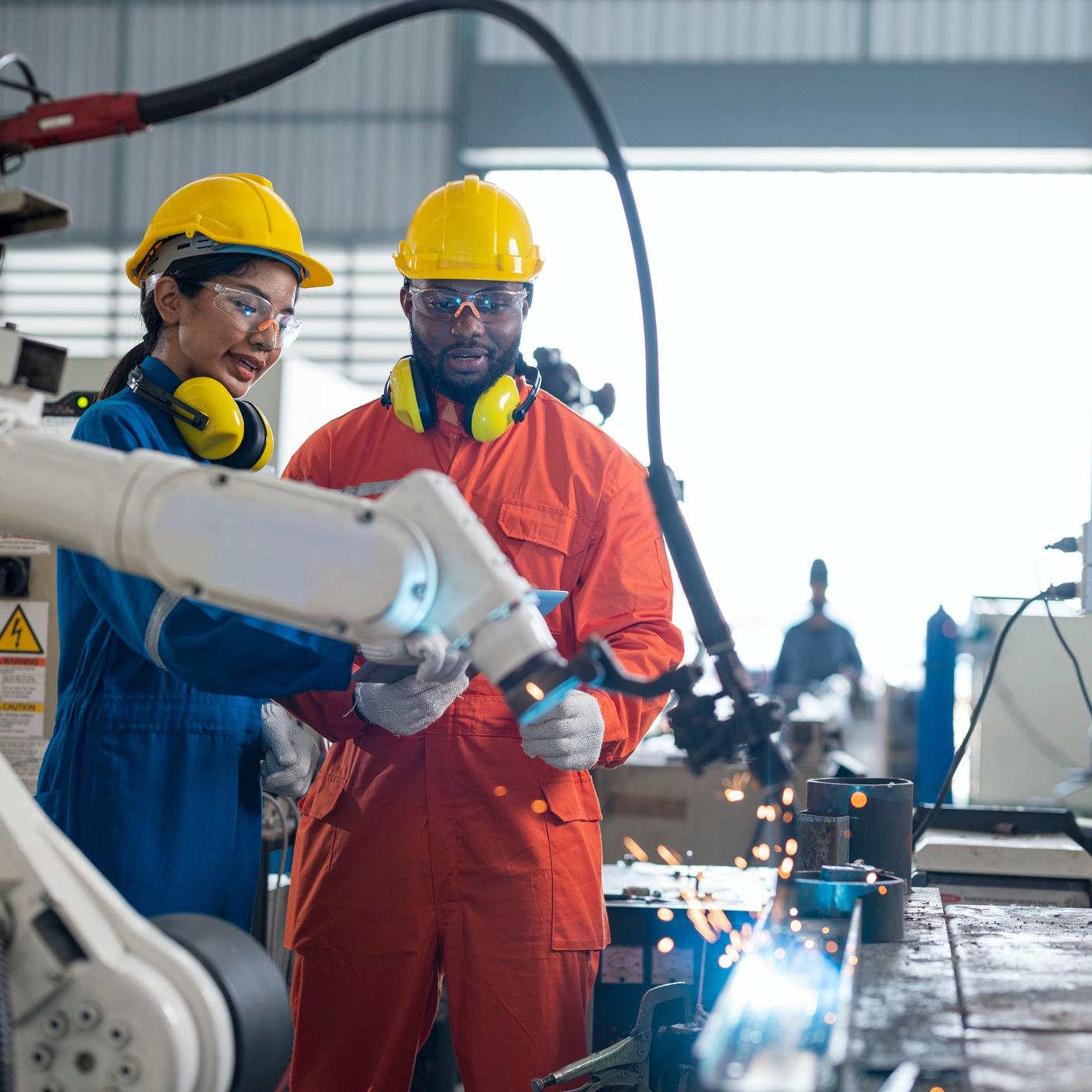Safeguarding progress in electronics manufacturing
In the fast-paced world of electronics manufacturing, where innovation and technological advancement are driving progress, one principle should stand as an unwavering foundation: safety must always come first.
The explosive growth of the electronics industry has brought forth unprecedented opportunities, but it has also magnified the risks and potential consequences of overlooking safety.
This article delves into why safety should be the top priority for electronics manufacturers.
Protecting human lives
Above all else, the primary reason safety must be paramount for electronics manufacturers is to protect the lives and well-being of those involved in the manufacturing process and those who will eventually use the products.
The production of electronics involves complex machinery, delicate components, and potentially hazardous materials. Neglecting safety measures can result in accidents, injuries, and even fatalities, not only for factory workers but also for end-users who rely on these products in their daily lives.
Mitigating environmental impact
Electronics manufacturing processes can have significant environmental consequences if not conducted responsibly. Hazardous chemicals, energy consumption, and electronic waste are all aspects that can contribute to environmental degradation.
By placing safety at the forefront of manufacturing operations, electronics companies can adopt more sustainable practices, reduce pollution, and minimize their ecological footprint, thereby contributing to a cleaner and healthier planet.
Avoiding costly litigation and reputational damage
Prioritizing safety can also spare electronics manufacturers from the financial repercussions of negligence-related litigation.
Mishaps, accidents, and product defects that result from lax safety standards can lead to lawsuits, regulatory fines, and damage to a company's reputation. The long-term financial health and credibility of a company can be compromised if it becomes associated with safety-related incidents.
Enhancing product quality and reliability
Safety considerations are intricately linked to product quality and reliability. A robust safety-first approach necessitates rigorous testing, quality control measures, and adherence to industry standards.
These practices not only minimize the risk of defects but also improve the overall performance, durability, and longevity of the electronics being produced. High-quality products foster customer trust and loyalty, contributing to the sustained success of a manufacturer.
Fostering employee morale and engagement
A company that genuinely values safety creates a work environment that promotes employee well-being, morale, and engagement. Workers who feel safe and supported in their roles are more likely to be motivated, productive, and invested in the success of the company.
Prioritizing safety sends a clear message to employees that their welfare matters, which can lead to improved job satisfaction and reduced turnover rates.
Navigating change and ensuring excellence
In the dynamic realm of electronics manufacturing, where innovation is relentless, and competition is fierce, prioritizing safety is not merely an ethical consideration – it's an absolute necessity.
The multifaceted benefits of placing safety at the forefront of manufacturing operations extend beyond risk mitigation; they encompass human lives, environmental sustainability, financial viability, and long-term success.
Electronics manufacturers that embrace a safety-first approach pave the way for a more secure, sustainable, and prosperous future for themselves, their employees, and the world at large.
Adapting to regulatory standards
In the electronics industry, rules and guidelines are always changing to guarantee product safety, environmental consciousness, and ethical manufacturing.
Manufacturers who make safety a priority can better adjust to these changes and follow industry regulations. This proactive approach helps make processes smoother, avoid interruptions, and encourage ongoing enhancement.
Standards play a crucial role in the electronic manufacturing sector, ensuring safety, dependability, compatibility, quality, and eco-friendliness.
Our contribution to shaping and endorsing these standards strengthens the industry's capacity to introduce new ideas, craft top-notch goods, and contribute to a technological landscape that's both secure and sustainable.








